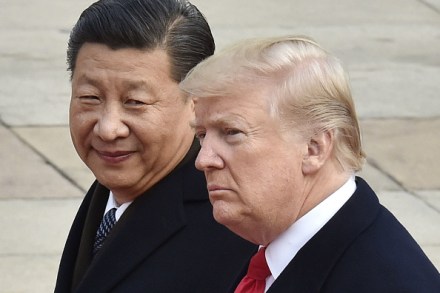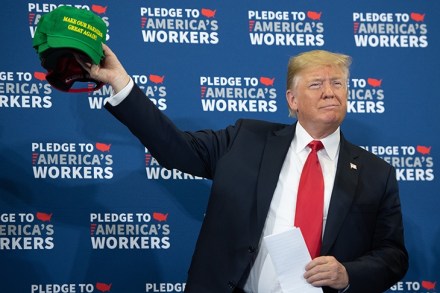Welcome to the Year of the Pig
Happy Chinese New Year, or at least let’s hope so. The chubby pig of 2019 is an obvious symbol of wealth; but being both pragmatists and optimists where money is concerned, the Chinese easily find reasons to associate all 12 of their zodiac creatures, (including 2018’s dog) with rising prosperity. This year, however, the amount spent by their shoppers and tourists during the New Year festivities will be compared against last year’s figure of $190 billion for signs of a weakening economy. We already know that trade tensions with the US and other negative factors have been afflicting Chinese sales of western imports, from iPhones to Land Rovers, and that


















